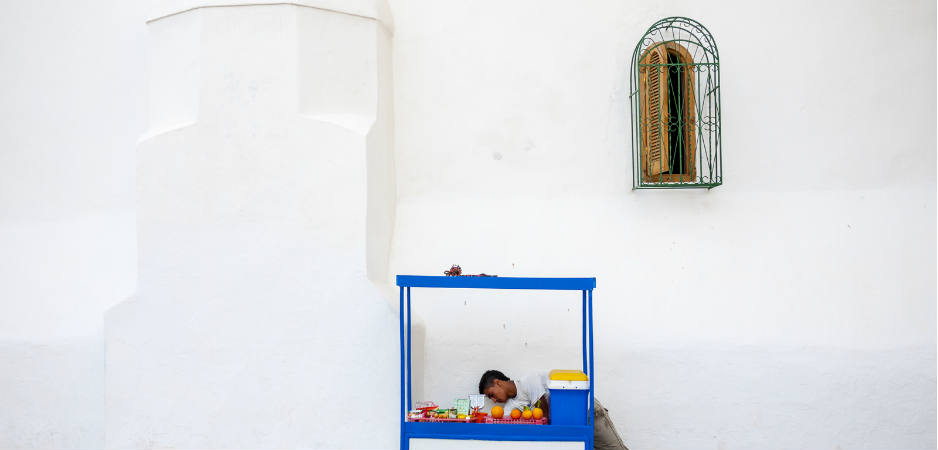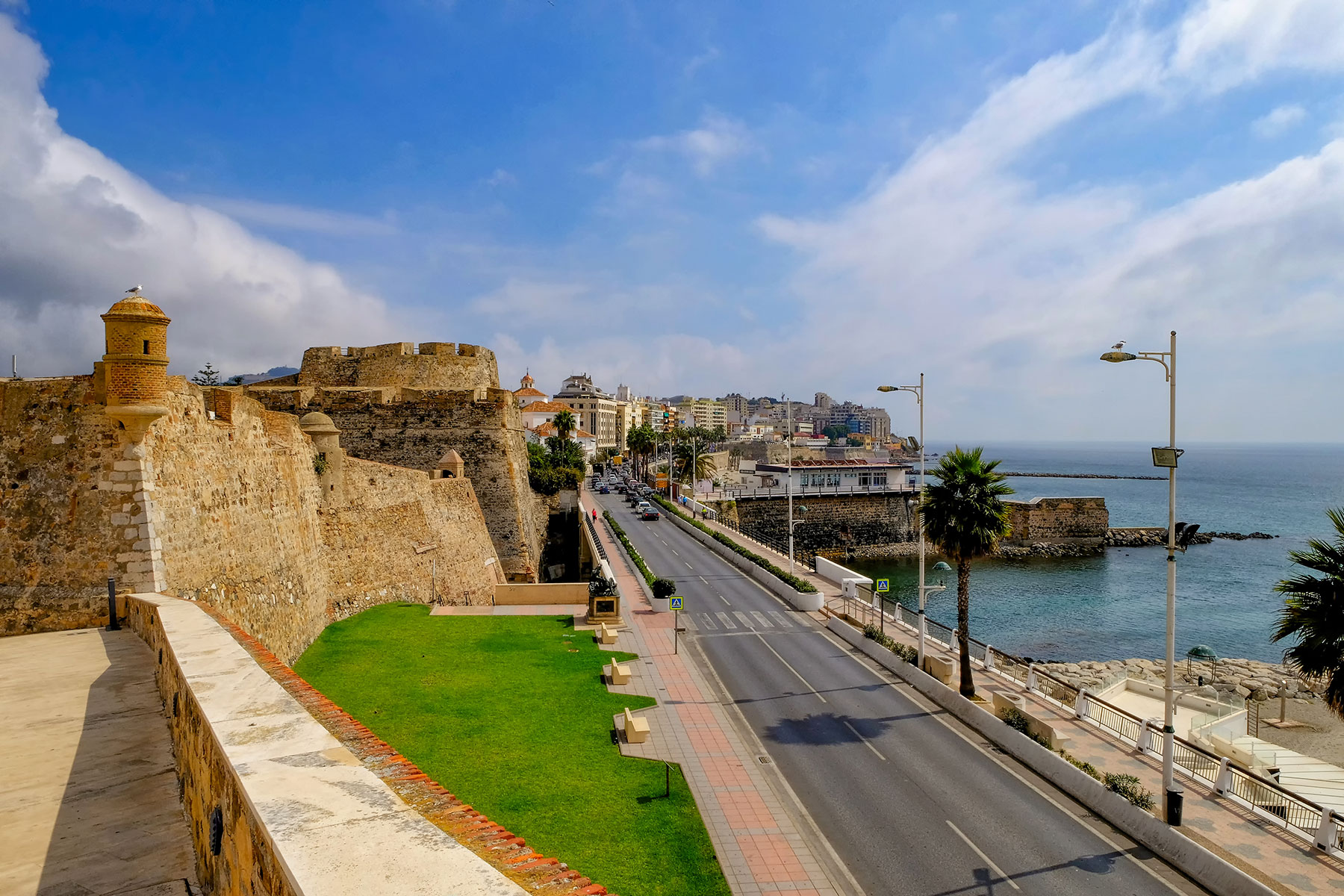A large informal sector in Morocco significantly contributes to the economy without receiving necessary support in return.
Following the success of government spending in post-war Europe, the Arab world adopted a state-driven model of economic development. Morocco implemented this model in the 1960s and 1970s, pursuing expensive projects in industry, infrastructure and social services.
By 1983, Morocco’s debt equaled 85% of its gross domestic product (GDP) and its government faced severe budget deficits. In response, Morocco subscribed to the structural adjustment programs of the World Bank and the International Monetary Fund. These programs pushed a free-market strategy that marginalized populations dependent on public sector employment and services. Morocco’s experience resembles those of other countries in the Arab world.
Decentralization
In subsequent decades, governments in the Middle East and North Africa attempted to redress the negative outcomes of structural adjustment. They promoted decentralization as a solution to the problems of powerlessness and inequality. This policy reinforced the efficient provision of services and encouraged the participation of citizens in managing local affairs. In Morocco and elsewhere, ostensible local participation became a way to attract foreign donors who encouraged democracy and pluralism. However, participation does not always result in productive exchanges between citizens and governing institutions.
Despite significant barriers to broad inclusion, decentralization has resulted in the proliferation of local development organizations in Morocco. There has also been much public-private collaboration to improve access to social and financial services. Still, many programs make formal market inclusion a requisite condition for accessing these services. Thus, the most disadvantaged populations do not reap any benefits.
For example, participation in a government program that subsidizes store appliances requires registration in the National Fund for Social Security. Participants must also pay a fee of 5,000 Moroccan dirhams ($515). These administrative demands immediately disqualify shopkeepers who cannot support the costs of formality. Similar barriers deter participation in other programs that provide managerial and financial assistance for small enterprises. As a result, many people turn to informal sources of support in order to launch and maintain their businesses.
Informality in Morocco
The growth of the informal sector in Morocco followed the neoliberal reforms of the 1980s. The reduction in government jobs and arrival of rural populations led many urban dwellers to engage in informal commercial activities. Today, the volatile nature of the informal sector discourages governments from investing in comprehensive regulation schemes.
Moreover, the informal sector is a major employer and income generator in the Arab world. Heavy-handed efforts to regulate the informal sector could have deleterious effects on local livelihoods and result in political unrest. This was the case in Tunisia following the self-immolation of Mohammed al-Bouazizi, a street vendor.
In Morocco, the urban informal sector makes up more than 15% of the GDP. The examples of informality are numerous: street vendors throng weekly markets; smugglers transport goods into northern cities; neighborhood grocers extend lines of credit to their clients. Informality cultivates a shadow economy that buoys up people in precarious financial situations through flexibility and negotiation. However, it does not solve the problems of marginalization or illegal business practices.
Ultimately, informality reflects a wider trend of prioritizing market integration over the equitable provision of services in the Arab world. As countries in the Middle East and North Africa experience climate change, migration and political conflict, their economies will transform. It remains unknown whether the informal sector will withstand these shocks or implode under the pressure of exclusionary development policies.
The views expressed in this article are the author’s own and do not necessarily reflect Fair Observer’s editorial policy.
Photo Credit: Holger Mette
 We bring you perspectives from around the world. Help us to inform and educate. Your donation is tax-deductible. Join over 400 people to become a donor or you could choose to be a sponsor.
We bring you perspectives from around the world. Help us to inform and educate. Your donation is tax-deductible. Join over 400 people to become a donor or you could choose to be a sponsor.
For more than 10 years, Fair Observer has been free, fair and independent. No billionaire owns us, no advertisers control us. We are a reader-supported nonprofit. Unlike many other publications, we keep our content free for readers regardless of where they live or whether they can afford to pay. We have no paywalls and no ads.
In the post-truth era of fake news, echo chambers and filter bubbles, we publish a plurality of perspectives from around the world. Anyone can publish with us, but everyone goes through a rigorous editorial process. So, you get fact-checked, well-reasoned content instead of noise.
We publish 2,500+ voices from 90+ countries. We also conduct education and training programs
on subjects ranging from digital media and journalism to writing and critical thinking. This
doesn’t come cheap. Servers, editors, trainers and web developers cost
money.
Please consider supporting us on a regular basis as a recurring donor or a
sustaining member.
Support Fair Observer
We rely on your support for our independence, diversity and quality.
Will you support FO’s journalism?
We rely on your support for our independence, diversity and quality.






